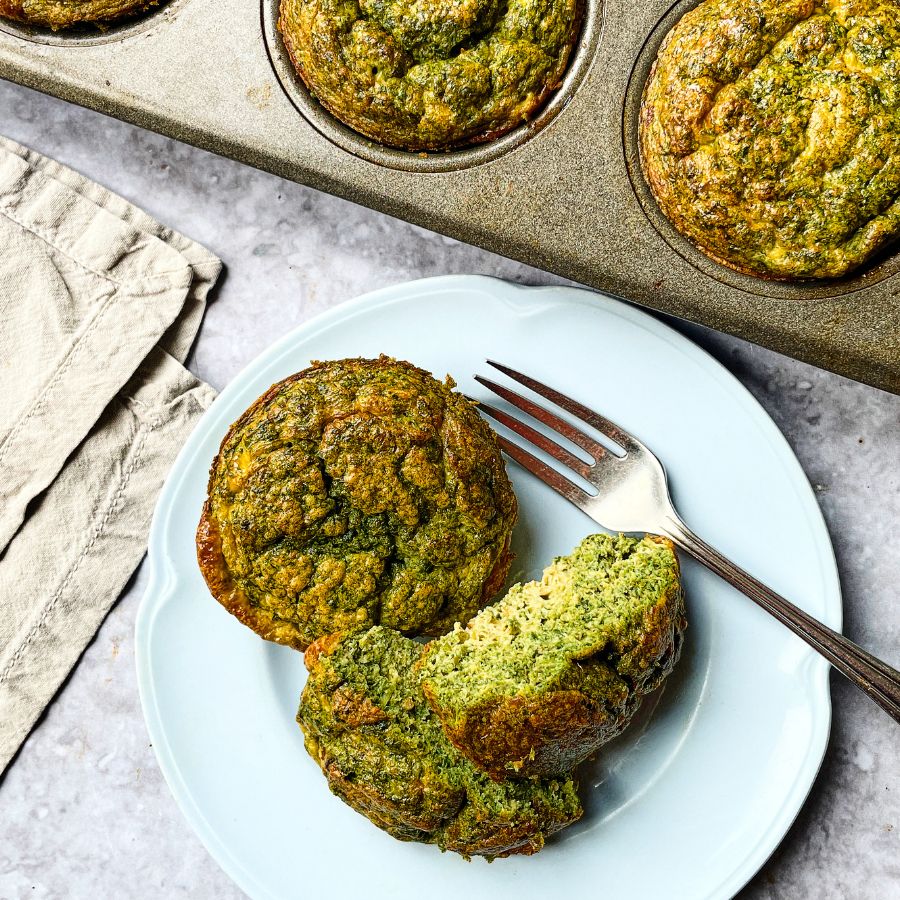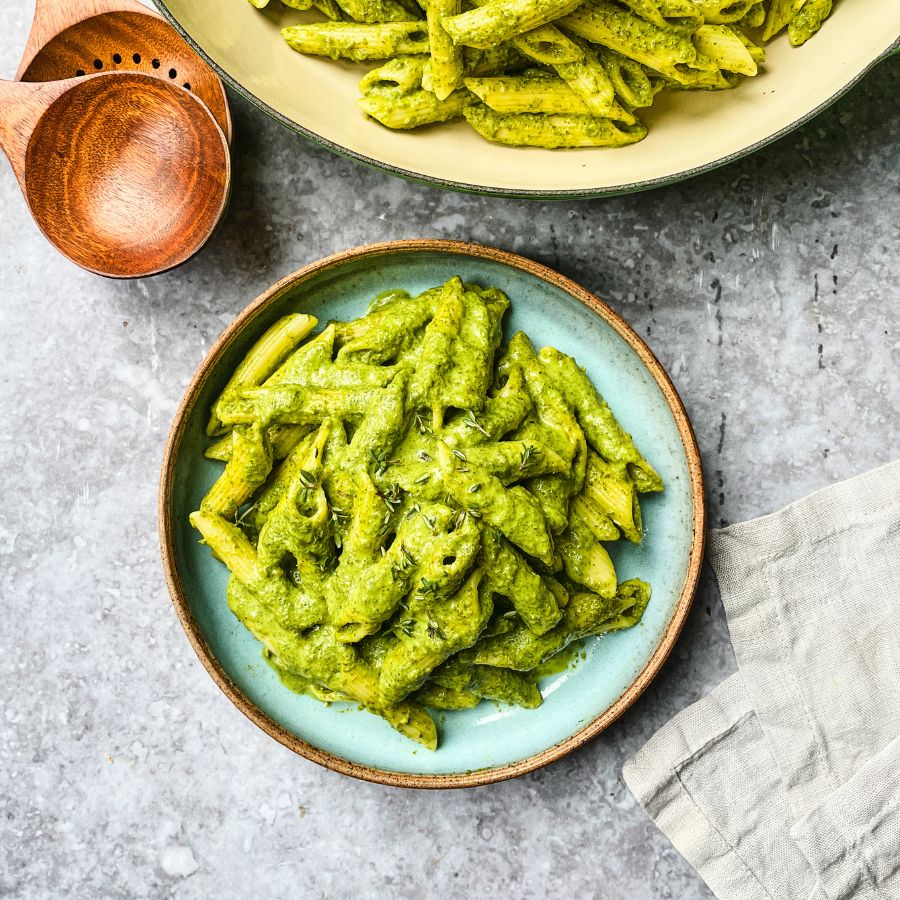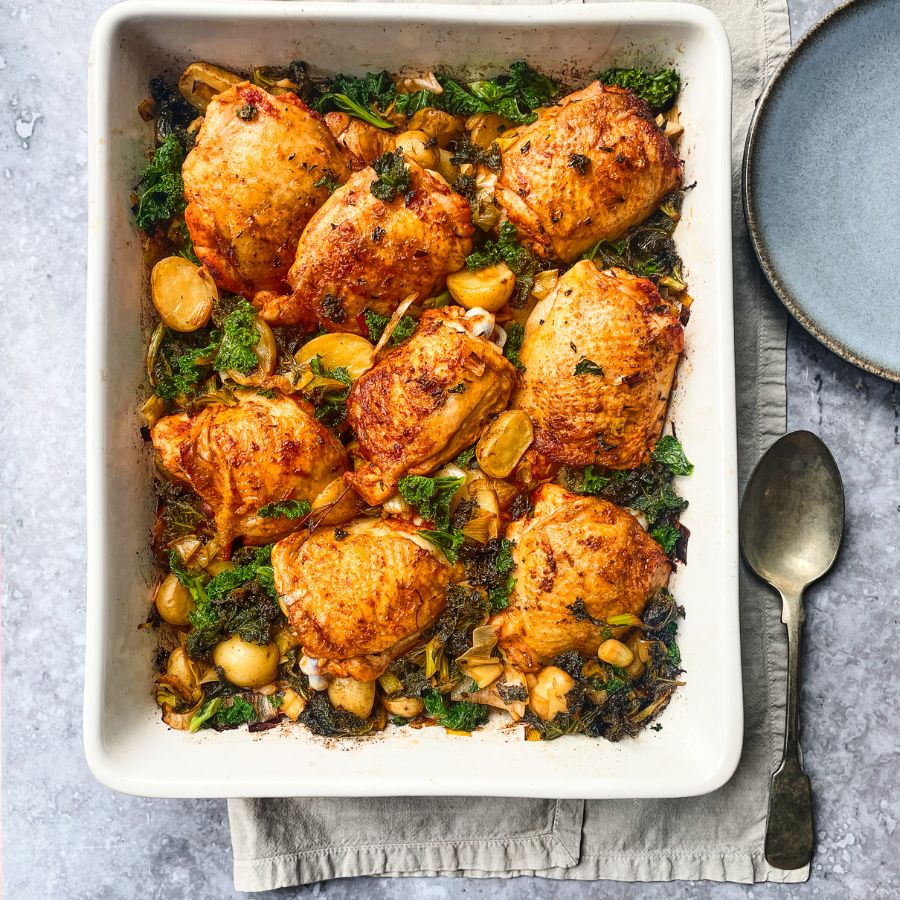It’s well documented that we should be eating a balanced diet but it appears that one vitamin in particular, is going under the radar. Despite folate’s importance to our wellbeing, 75% of us don’t know folate is found naturally in food, and 1 in 5 think it’s only pregnant women who need to consume it at all.
But that just isn’t the case. Folate matters to us all - from anaemia to cardiovascular disease and even mental health, not eating enough folate (otherwise known as Vitamin B9) can lead to a range of health problems. But these could potentially be avoided by including more folate, with a few simple tweaks to our diets.
The latest National Diet and Nutrition Survey[1] report though has shown that levels of folate in the UK diet are not as high as they should be. In fact, average blood folate concentrations have decreased over the last 11 years by 25-28% across all age groups.
The lack of folate in many people’s diets is possibly due to the confusion about who needs this vital vitamin. Alongside the misconception about folate being only needed for expectant mums, our research also showed that 1 in 10 think it is only important for adults, when in fact we should all eat folate, something only 3 in 10 people recognised.
Despite more than 8 in 10 people believing it is difficult to get folate in their diet, it is found naturally in a wide range of everyday foods including green leafy veg like kale and spinach, chickpeas and kidney beans, as well as liver.
To help educate consumers to get more folate into their diet, we have partnered with nutritionist Jenny Tschiesche, to raise awareness about the importance of folate for every age group, and how easy it can be to incorporate it into your diets without the need for supplements or fortified foods.
Jenny comments, “Folate is actually important at every stage of life so it is concerning to see that not only do the majority of people not know how much folate they should be eating every day - just 6% knew it should be 200 micrograms – but they don’t know where to get it from either. We need to raise awareness about the importance of getting enough folate in your diet at every age – from children up to the elderly, and for both men and women.”
Eating a diet deficient in folate can lead to anaemia (which results in fatigue, pallor and irritability), neural tube defects, cardiovascular disease, mental health problems including depression and anxiety, and even cancer – due to the role folate plays in DNA synthesis and repair.
Tell-tale signs that you’re not eating enough folate can include:
- Tiredness
- Depression and anxiety
- Swollen tongue
- Mouth sores
- Premature grey hair
- Reduced sense of taste
- Growth problems
Luckily folate is one vitamin that is easy to get enough of by making the right food choices. With 194ug and 141ug folate per 100g respectively, spinach and kale are two of the best sources of folate available – as well as being two of the most versatile vegetables. Jenny has created a set of family recipes using spinach and kale that will help ensure people can reach the RDA for this crucial vitamin. These include Spinach & Kale Mini Quiches, Lemony Chicken with Kale and Potatoes Traybake and Green Kale Pasta Sauce – a delicious alternative to classic pesto pasta. Each recipe contains at least 30% of your RDA for folate per portion.
Jenny Tschiesche comments: “One of the most common causes of low folate in children particularly is low intake of fresh fruits and vegetables. It’s a really important vitamin for us all to get enough of and eating more green leafy veg is a great way to do that. As well as folate, spinach and kale also contain other key nutrients including Vitamins K, A and C, as well as calcium.”
[1] https://www.gov.uk/government/statistics/ndns-results-from-years-9-to-11-2016-to-2017-and-2018-to-2019/ndns-results-from-years-9-to-11-combined-statistical-summary


